College represents a pivotal transition in young adults’ lives—a period of newfound independence coupled with challenging academic and social demands. For neurodivergent students, including those with autism spectrum disorder, ADHD, and dyslexia, this transition presents unique challenges that require specialized support. Understanding and addressing these challenges is essential for creating inclusive campus environments where all students can thrive.
Understanding Neurodiversity as a Natural Variation
Modern approaches to supporting college students now recognize neurodiversity as a natural variation in human cognition rather than a deficit requiring correction. As highlighted in Embracing Neurodiversity, this perspective shift allows institutions to appreciate the unique cognitive styles and strengths that neurodivergent students bring to campus life. By focusing on strengths rather than deficits, support services can help students leverage their natural abilities while developing strategies for navigating challenges.
Recognizing and Preventing Neurodivergent Burnout
The structured environment of college, with its rigid schedules and social expectations, can trigger what clinicians call “neurodivergent burnout”—a state of physical, emotional, and cognitive exhaustion resulting from sustained effort to adapt to neurotypical environments. According to resources at Navigating Neurodivergent Burnout, this burnout often manifests through increased executive functioning difficulties, heightened sensory sensitivities, and social withdrawal.
Effective support requires teaching students to recognize early warning signs and implement personalized strategies for energy management. Campus wellness programs that incorporate understanding of neurodivergent experiences can provide crucial preventative support before students reach crisis points.
Supporting the Unmasking Process
Many neurodivergent students arrive at college having spent years masking—concealing their authentic ways of thinking and interacting to appear more neurotypical. As explored in Unmasking Neurodiversity, college often becomes the first opportunity for these students to explore their authentic identities. This unmasking process can be both liberating and challenging, as students navigate who they are without the protective layers they’ve developed.
Therapeutic support should create safe spaces for this identity exploration, recognizing that unmasking may temporarily increase anxiety as students learn to navigate social environments more authentically. Campus counseling services with neurodiversity-affirming approaches can provide crucial validation during this vulnerable period.
Addressing Complex Neurodevelopmental Profiles
Many neurodivergent students have complex profiles that extend beyond single diagnoses. Resources on Ehlers-Danlos Syndrome with Autism and ADHD highlight how physical conditions can interact with neurodevelopmental differences, creating unique support needs. Similarly, understanding the interplay between conditions like Dyslexia and ADHD or Anxiety Disorders and ADHD allows for more comprehensive support approaches.
Students experiencing Depression and Autism benefit from trauma-informed care that respects neurodivergent expressions of emotion. This nuanced understanding helps avoid misdiagnosis and inappropriate treatment approaches that can exacerbate rather than alleviate suffering.
Implementing Metacognitive Approaches
As detailed in Meta-cognition: Observing Consciousness Itself to Heal Trauma, developing metacognitive skills—the ability to observe one’s own thought patterns—can provide neurodivergent students with powerful tools for self-understanding. This approach helps students work with, rather than against, their natural cognitive styles, fostering greater academic success and emotional well-being.
Therapeutic approaches that incorporate metacognition teach students to become curious observers of their internal experiences, recognizing patterns without judgment and developing personalized strategies based on self-knowledge rather than external norms.
Utilizing Advanced Therapeutic Technologies
Innovative technologies like QEEG Brain Mapping and Neurostimulation offer new frontiers in supporting neurodivergent students. These approaches can help identify specific neurological patterns and customize interventions accordingly. Understanding What QEEG Brain Mapping and Neurostimulation Feel Like demystifies these technologies for students considering such options.
The distinctions between various neurological interventions, explained in resources about the difference between QEEG Brain Mapping, Transcranial Magnetic Stimulation, Neurofeedback, Neurostimulation, and Biofeedback, help students and support providers make informed decisions about technological supports.
Specialized Therapeutic Approaches
Various therapeutic modalities offer particular benefits for neurodivergent students. Lifespan Integration Therapy can help address developmental trauma that many neurodivergent individuals experience. Brainspotting offers a neurobiological approach to processing traumatic experiences. Emotional Transformation Therapy (ETT) provides another option for addressing emotional regulation challenges.
For students seeking depth-oriented approaches, Jungian Therapy offers exploration of unconscious patterns affecting current functioning. EMDR provides evidence-based trauma processing, while Parts-Based Therapy helps students integrate aspects of themselves that may feel fragmented. Meditation and Mindfulness practices build foundational skills for emotional regulation.
Supporting Students Across Campus Locations
Accessibility of mental health support across diverse campus locations remains crucial. Services like Teletherapy for College Students in Alabama provide options for students regardless of their physical location. For students at specific institutions, targeted resources like Therapy for Samford University College Students or Therapy for UAB College Students offer contextual support.
Students at other institutions can access specialized services through options like Teletherapy for Jacksonville State College Students or Therapy for Miles College Students. This geographical flexibility ensures that all students can access appropriate support regardless of their campus location.
Addressing Specific Mental Health Concerns
College students face various mental health challenges that may co-occur with neurodevelopmental differences. Resources addressing Anxiety provide targeted support for one of the most common concerns among college students. Similarly, information on Depression and Mood Disorders addresses another prevalent issue.
For students struggling with more specific concerns, resources on Panic Disorders, OCD and Bipolar Disorder, and Anger Management provide tailored information. Students facing Grief and Loss can find specific resources to navigate these challenging experiences.
Holistic Approaches to Student Well-being
Supporting neurodivergent students effectively requires attention to whole-person wellness. Information on Holistic Micronutrition for Mental Health Issues highlights the importance of physiological support alongside psychological interventions. Resources on How to Treat ADHD and Attention Deficit Disorder Naturally offer complementary approaches to traditional treatments.
Students dealing with Chronic Pain and Post-Surgery Depression can find specialized support addressing the intersection of physical and mental health. Those experiencing Long COVID Somatic and Stress Support can access resources tailored to this emerging need.
Addressing Identity and Special Populations
College represents a critical time for identity development. Resources for Women’s Issues and Men’s Issues provide gender-informed approaches to mental health. For LGBTQIA+ students, LGBTQIA and Trans-Affirming Teletherapy offers vital support for navigating identity development in sometimes challenging environments.
Students experiencing Executive Coaching and Professional Burnout can access specialized services addressing these concerns. Medical students facing unique pressures can find tailored support through Physician and MD Burnout resources.
Creating Campus-Wide Understanding
True support extends beyond individual services to campus-wide understanding and accommodation. Faculty education about neurodiversity helps instructors recognize and accommodate different learning styles. Training for residence life staff ensures living environments support student success rather than creating additional stressors.
Student-led neurodiversity advocacy groups foster community while educating peers about neurodivergent experiences. Celebration of neurodiversity through campus events challenges stigma and highlights the valuable perspectives neurodivergent students bring to academic discourse.
Conclusion: A Comprehensive Vision for Support
Supporting today’s college students requires a comprehensive approach that recognizes the diversity of human cognition and experience. By embracing neurodiversity as a natural and valuable form of human variation, institutions can create environments where all students have the opportunity to thrive academically, socially, and emotionally.
Through thoughtful accommodation, explicit skill-building opportunities, and validation of different ways of being, colleges can move beyond simple compliance with disability law toward truly inclusive communities. In this vision, neurological differences are not merely tolerated but valued as essential contributions to the rich tapestry of campus life.
Bibliography
Blackstock, J. (n.d.). Embracing Neurodiversity. Get Therapy Birmingham. Retrieved from https://gettherapybirmingham.com/embracing-neurodiversity/
Blackstock, J. (n.d.). Navigating Neurodivergent Burnout. Get Therapy Birmingham. Retrieved from https://gettherapybirmingham.com/navigating-neurodivergent-burnout/
Blackstock, J. (n.d.). Unmasking Neurodiversity. Get Therapy Birmingham. Retrieved from https://gettherapybirmingham.com/unmasking-neurodiversity/
Blackstock, J. (n.d.). Ehlers-Danlos Syndrome with Autism and ADHD. Get Therapy Birmingham. Retrieved from https://gettherapybirmingham.com/ehlers-danlos-syndrome-with-autism-and-adhd/
Blackstock, J. (n.d.). Dyslexia and ADHD. Get Therapy Birmingham. Retrieved from https://gettherapybirmingham.com/dyslexia-and-adhd/
Blackstock, J. (n.d.). Depression and Autism. Get Therapy Birmingham. Retrieved from https://gettherapybirmingham.com/depression-and-autism/
Blackstock, J. (n.d.). Anxiety Disorders and ADHD. Get Therapy Birmingham. Retrieved from https://gettherapybirmingham.com/anxiety-disorders-and-adhd/
Blackstock, J. (n.d.). Meta-cognition: Observing Consciousness Itself to Heal Trauma. Get Therapy Birmingham. Retrieved from https://gettherapybirmingham.com/meta-cognition-observing-conciousness-itself-to-heal-trauma/
Blackstock, J. (n.d.). Brain Mapping and Neurostimulation Neurofeedback. Get Therapy Birmingham. Retrieved from https://gettherapybirmingham.com/brain-mapping-and-neurostimulation-neurofeedback/
Blackstock, J. (n.d.). What Does QEEG Brain Mapping and Neurostimulation Feel Like? Get Therapy Birmingham. Retrieved from https://gettherapybirmingham.com/what-does-qeeg-brain-mapping-and-neurostimulation-feel-like/
Blackstock, J. (n.d.). What is the Difference in QEEG Brain Mapping, Trans Cranial Magnetic Stimulation (TCMS), Neurofeedback (MCNF), Neurostimulation, and Biofeedback? Get Therapy Birmingham. Retrieved from https://gettherapybirmingham.com/what-is-the-difference-in-qeeg-brain-mapping-trans-cranial-magnetic-stimulation-tcms-neurofeedback-mcnf-neurostimulation-and-biofeedback/
Blackstock, J. (n.d.). Lifespan Integration Therapy – Peggy Pace. Get Therapy Birmingham. Retrieved from https://gettherapybirmingham.com/lifespan-integration-therapy-peggy-pace/
Blackstock, J. (n.d.). Brainspotting. Get Therapy Birmingham. Retrieved from https://gettherapybirmingham.com/treatments/brainspotting/
Blackstock, J. (n.d.). Emotional Transformation Therapy (ETT). Get Therapy Birmingham. Retrieved from https://gettherapybirmingham.com/emotional-transformation-therapy-ett/
Blackstock, J. (n.d.). Jungian Therapy. Get Therapy Birmingham. Retrieved from https://gettherapybirmingham.com/treatments/jungian-therapy/
Blackstock, J. (n.d.). EMDR. Get Therapy Birmingham. Retrieved from https://gettherapybirmingham.com/treatments/emdr/
Blackstock, J. (n.d.). Parts-Based Therapy. Get Therapy Birmingham. Retrieved from https://gettherapybirmingham.com/treatments/parts-based-therapy/
Blackstock, J. (n.d.). Meditation & Mindfulness. Get Therapy Birmingham. Retrieved from https://gettherapybirmingham.com/treatments/meditation-mindfulness/
Blackstock, J. (n.d.). Teletherapy for College Students in Alabama. Get Therapy Birmingham. Retrieved from https://gettherapybirmingham.com/teletherapy-for-college-students-in-alabama/
Blackstock, J. (n.d.). Holistic Micronutrition for Mental Health Issues. Get Therapy Birmingham. Retrieved from https://gettherapybirmingham.com/treatments/holistic-micronutrition-for-mental-health-issues


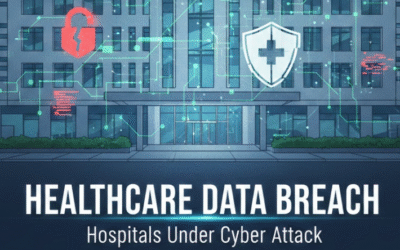
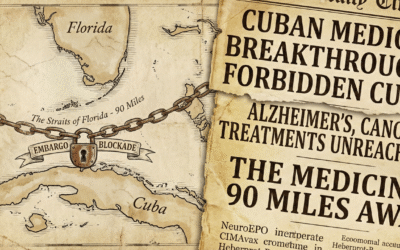
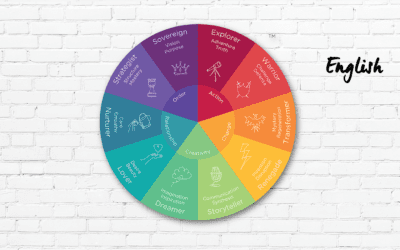



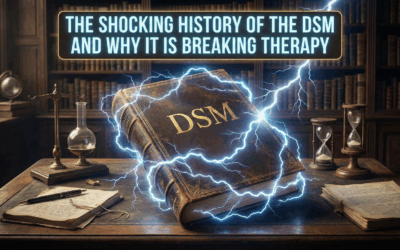
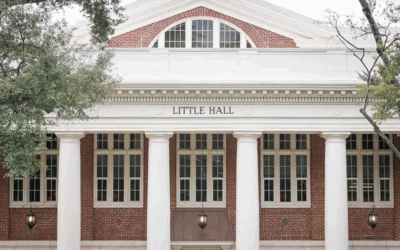
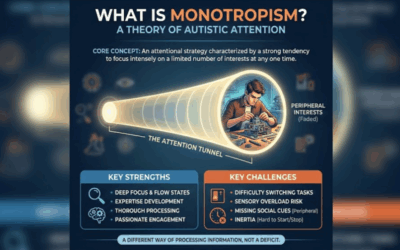

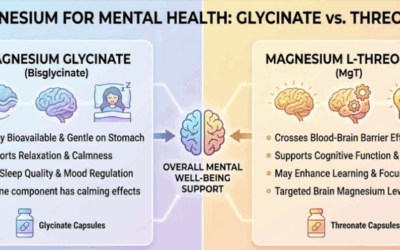
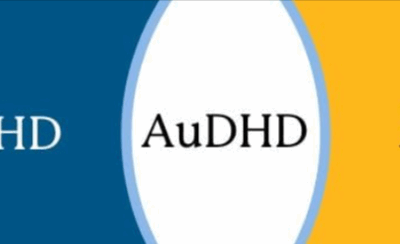
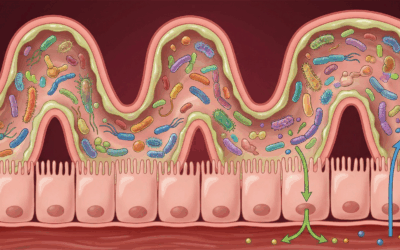
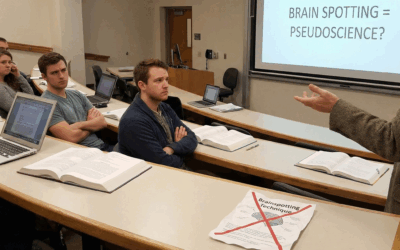
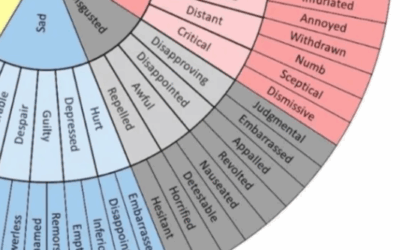
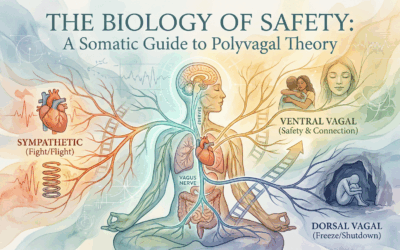

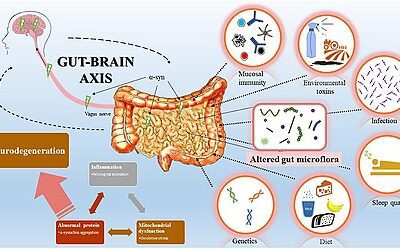



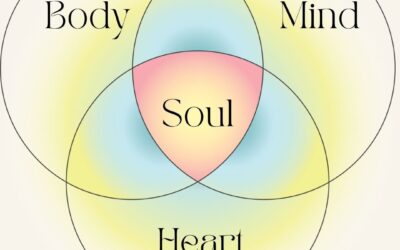



0 Comments